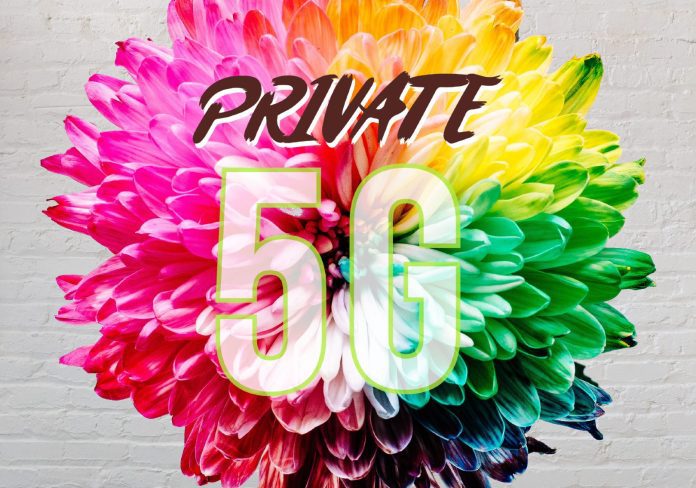HFCL said that the private 5G collaboration will target verticals including manufacturing, retail, warehouse, mining, education, defence and smart city
Indian company HFCL, which focuses on digital networks for telcos, enterprises and governments, announced a collaboration with Microsoft to create converged private 5G solutions.
In a release, HFCL said that the collaboration will target firms in verticals including manufacturing, retail, warehouse, mining, education, defence, railways and smart city.
HFCL noted it is deploying a private 5G network at its optical fiber manufacturing plant in Hyderabad as a pilot program using Microsoft Azure public MEC and HFCL’s 5G indoor small cells. Along the fiber production line, HFCL’s 5G small cells enable real-time fiber defect detection using video analytics and image processing, the company said.
Microsoft Azure public MEC, which integrates Azure compute and edge-optimized Azure services with the mobile operator’s public 5G network connectivity, analyzes the video data in real-time to identify any defects and generates insights for root-cause analysis and preventive care. Through this AI-enabled private 5G solution, HFCL said it is improving the operational efficiency and manufacturing agility of its fiber manufacturing plant.
“We are very pleased with our collaboration with Microsoft in implementing Industry 4.0 solution in our own factory as a pilot program, using Microsoft Azure public MEC. The best practices and the lessons learnt will act as a playbook to deploy Private 5G solutions for manufacturing and other industry verticals embarking on a similar digital transformation journey,” said Mahendra Nahata, managing director at HFCL.
HFCL’s private 5G solutions bring together key components such as 5G connectivity, data collectors and sensors, AI, analytics and edge and cloud platform, to create horizontal and vertical solutions for industries implementing digital transformation initiatives, the Indian firm said.
India’s Department of Telecommunications (DoT) had previously initiated a process to identify 5G spectrum bands to be allocated to companies for the deployment of private networks.
Once the DoT identifies the most suitable frequencies for private networks, it will ask the Telecom Regulatory Authority of India (Trai) to give pricing for the allocation of those bands.
According to the initial guidelines on private networks released by DoT, companies seeking to deploy their own private networks can lease spectrum from telecom operators or get it directly from DoT. Enterprises can also ask telecom operators to roll out their private networks.
The Indian government has not given any deadline for direct spectrum allocation for 5G private networks. According to industry sources, the overall process could take one to two years.
Over 20 Indian companies have applied to secure 5G spectrum to set private networks in the country, according to recent press reports. Some of the interested firms include Infosys, Capgemini, GMR, Larsen & Toubro, Tata Communications, Tata Power and Tejas Networks.
The companies’ applications were submitted in response to a request from the Department of Telecommunications (DoT) meant to help figure out the level of market demand for spectrum to set up private networks. After assessing the demand, the Indian government will decide whether or not spectrum for such private networks should be assigned, and at what price.

